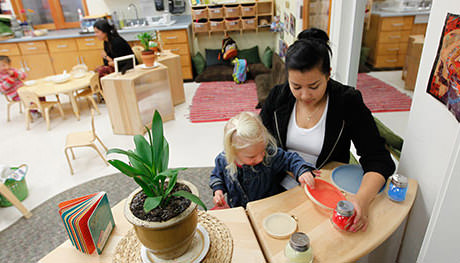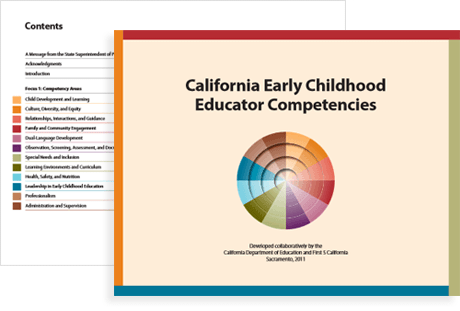The early childhood experience involves planning for a variety of environments. The physical environment may be the first one that comes to mind. But the social, intellectual, and emotional environments are equally important and critical to children's overall well being. Remember that the environment – in all of its aspects — is our partner in providing high quality early childhood programs.

Administrators are responsible for maintaining the facility a program uses, but also for nurturing the social and emotional environments, which can be called the organizational culture and climate. Wise administrators periodically play the role of meteorologist, checking for storms that might be brewing with staff, children, and families in the program.
Watch this video from Margie Carter about creating organizational systems that support your vision.
Practice the role of meteorologist with the following activity. Download "Ten Dimensions of Organizational Climate". Turn it into a playful assessment tool for your program by creating a large graph on chart paper that resembles page 2 of the document.
Use this template to record your observations, thoughts, and feelings. Download the Template
Deepen your understanding of Performance Area 1: Program planning, development, and operations in the CA ECE Competencies. Scroll to page 106.
Can you find other places in this competency area that address your interests and needs?

Read the article "Innovation or Standardization" by Arlae Alston.
A leader's role includes providing pedagogical leadership. Use these California Department of Education resources to help guide your pedagogy: